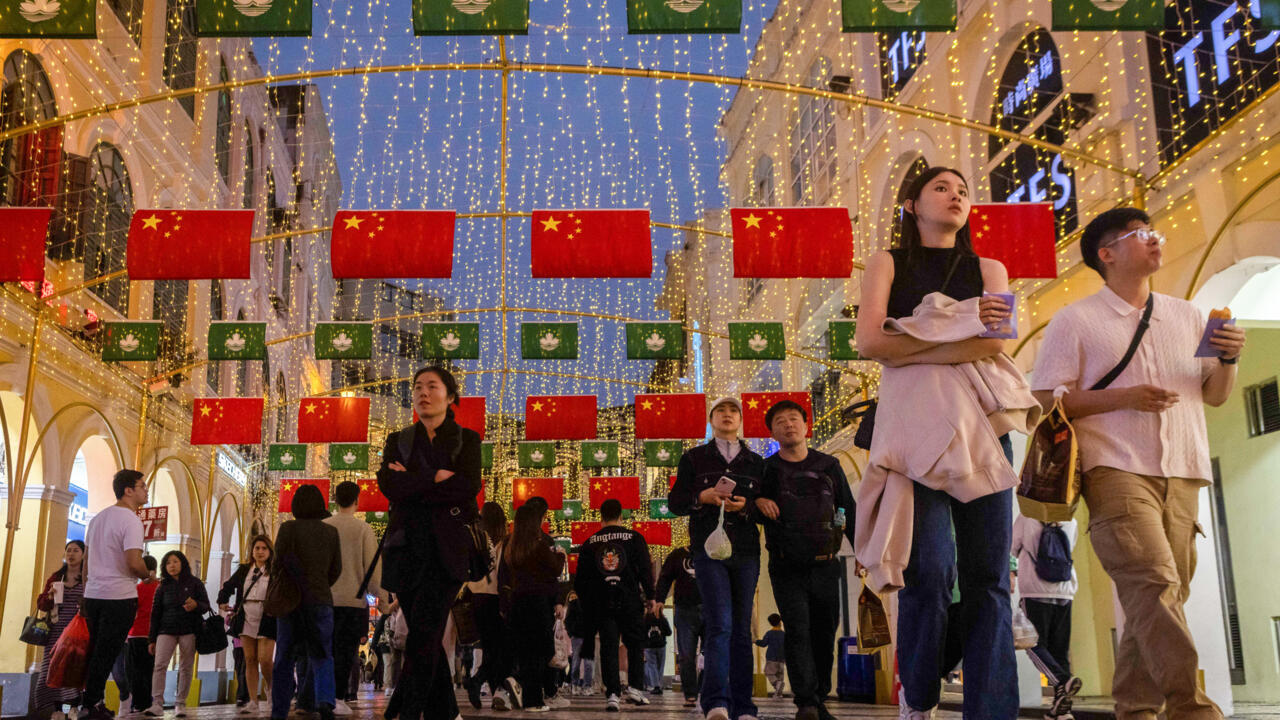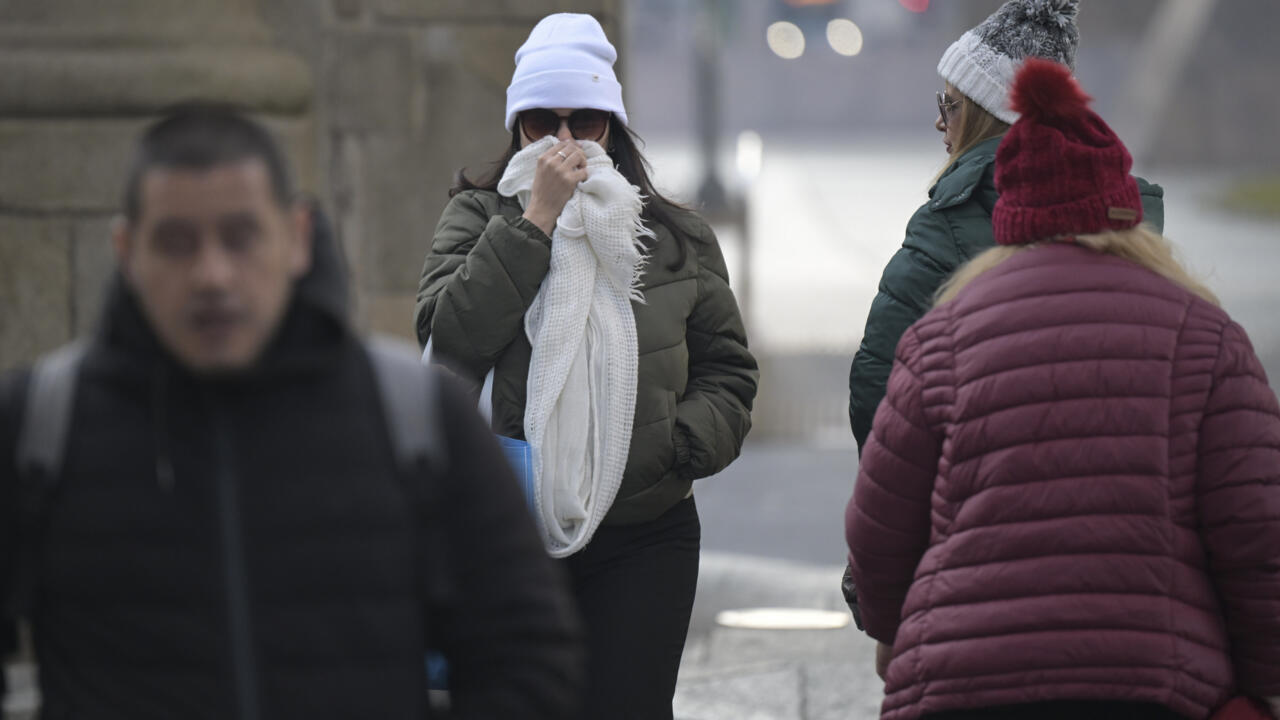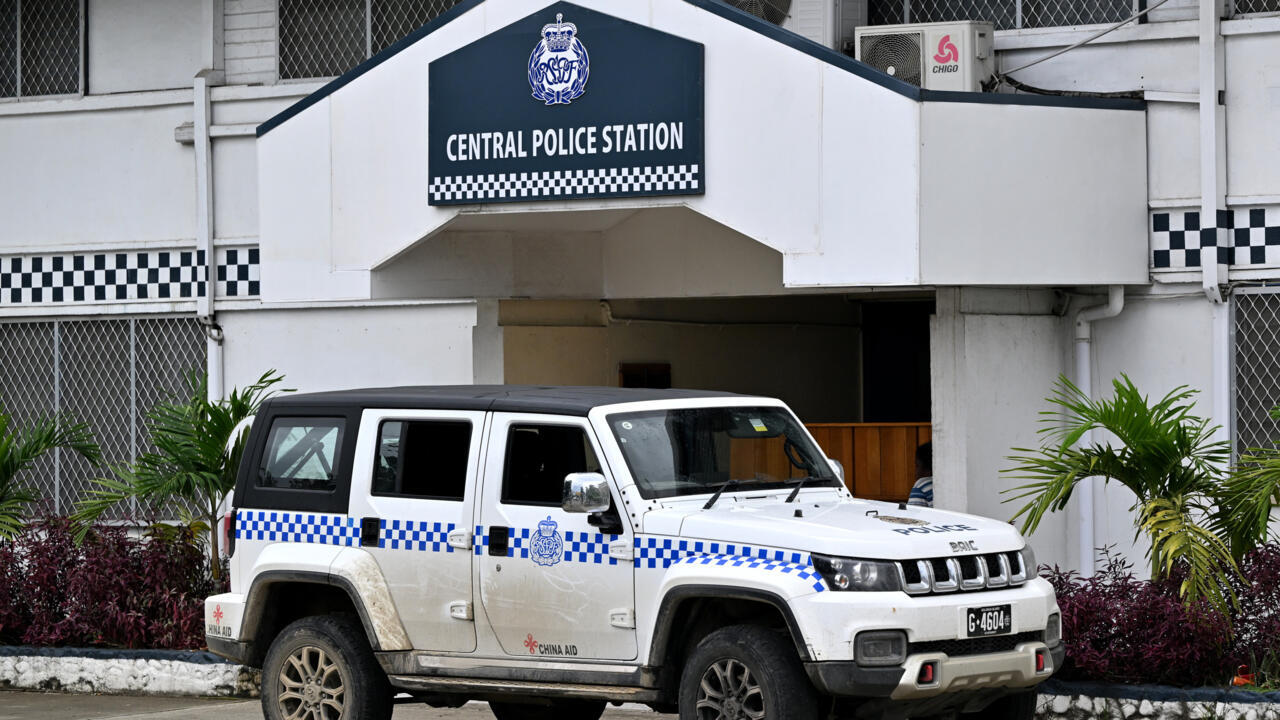Macau reverted to Chinese rule in 1999 via a “One Country, Two Systems” framework that promises a high degree of autonomy, separate legal system and stronger safeguards for civil liberties than those on the mainland.
But unlike neighbouring Hong Kong, Macau was never offered a guarantee of wider democratisation in the Basic Law, its mini-constitution.
Jorge Rangel, a minister in Macau’s final colonial administration, said democracy was not a priority when he and Chinese counterparts drafted the constitution.
“But I believe that at least the Macau members and some of the mainland members of the Basic Law (drafting committee) believed that it would be useful for Macau to have very active participation of the people,” said Rangel, 81.
“My vision of ‘One Country, Two Systems’ is that we have a… strong, active, independent civil society.”
Macau’s 690,000 residents today have no say over the city’s leader, who is selected by a committee of 400 pro-establishment figures.
Less than half of the legislators are elected by popular vote, and the pro-democracy camp has never won more than 15 percent of seats.
Unable to change the system from within, activists in the 2010s — including fresh faces like Jason Chao and Scott Chiang — explored ways to engage the public, such as keeping up the tradition of annual Tiananmen events.
Chao, 38, said activists also tried to spread progressive values, like trying to get “conservative” Macau to talk about LGBTQ rights, an uphill battle that yielded no clear payoff.
In 2014, he organised an online referendum — over the strident objections of Beijing representatives in Macau — asking the public if they supported universal suffrage for city leader.
Just over 95 percent of the 8,700 respondents said yes.
“I felt (the results) were quite remarkable, and I’m grateful my team and I withstood the pressure to pull it off,” Chao said, adding the feat cannot be replicated now.
‘Seeds’ in winter






